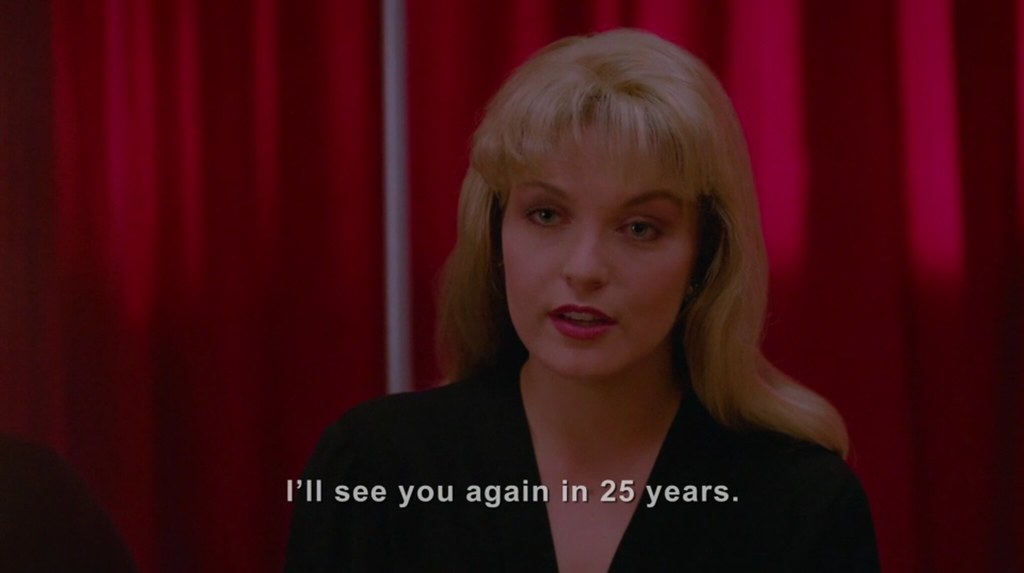Cunth
Fingerlickin' Good!
Let's look back at the greatest TV show troll of all time. I was just thinking about it today - but I haven't rewatched cause that would be painful as fuck.
This season was sooooo bad it's unbelievable looking back. It was like a collection of skits Lynch had kept in a scrapbook patched together into a show, with the beloved main character mentally retarded for 90% of it. I remember watching it each week and people online would be like 'today must be the day when Cooper comes back!' and they kept waiting, and waiting, and waiting, and then finally he's back, in like the second last episode! But then his nemesis is killed by some side character with a glove and he goes into some dream world in the last episode and I don't understand anything that happened. Lynch was given so much freedom, and then it bombed big time. People at the time were all like 'this is brilliant! best season ever!' as they lied through their teeth. But be honest now, did you actually like this season?
This season was sooooo bad it's unbelievable looking back. It was like a collection of skits Lynch had kept in a scrapbook patched together into a show, with the beloved main character mentally retarded for 90% of it. I remember watching it each week and people online would be like 'today must be the day when Cooper comes back!' and they kept waiting, and waiting, and waiting, and then finally he's back, in like the second last episode! But then his nemesis is killed by some side character with a glove and he goes into some dream world in the last episode and I don't understand anything that happened. Lynch was given so much freedom, and then it bombed big time. People at the time were all like 'this is brilliant! best season ever!' as they lied through their teeth. But be honest now, did you actually like this season?



